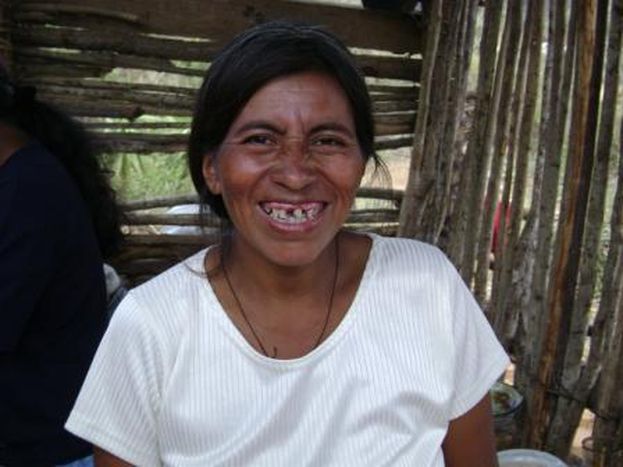
A German volunteer experience in Guatemala (24 images)
Published on
Translation by:
Louise BongiovanniBefore the stress of exams and the serious business of life gets going again, a German student heads to Guatemala with wanderlust and a smattering of Spanish
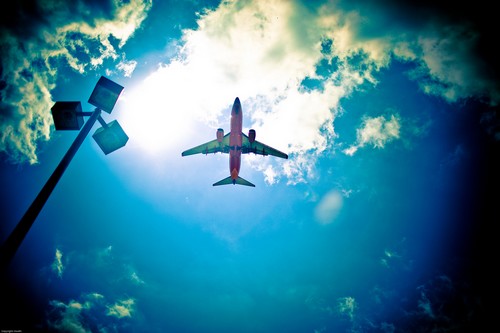
After 13 assignments, several student jobs and seven semesters of musicology in stuffy lecture theatres, winter brought release: finally free! I urgently need some distance from it all
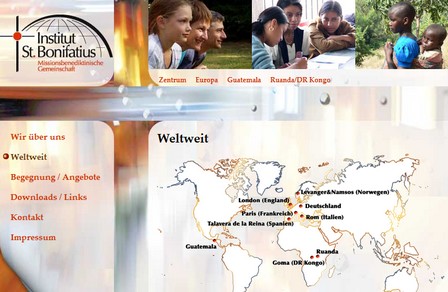
A friend told me by chance about a catholic community called Institut St. Bonifatius. It regularly sends young people – and not just catholics – on voluntary missions to 16 European countries, Rwanda, the Democratic Republic of Congo and Guatemala
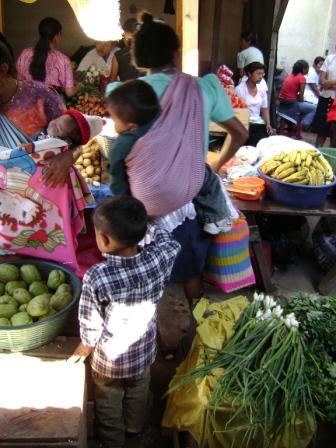
The personal-sounding report by Mechthild Annegret Laumann, director of the community on the wealth of the former Maya culture and the 36-year civil war, the still hugely malnourished children today, the illiteracy rate of around 40%, corruption and daily armed attacks, was as thrilling as it was fascinating
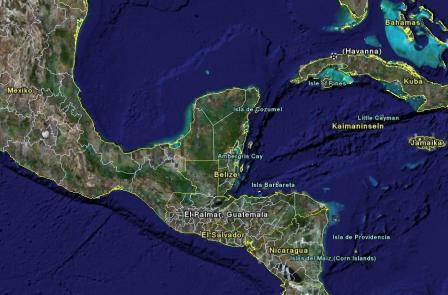
Its location south of Mexico means that Guatemala is one of the most dangerous drug exchange points between the USA and South America
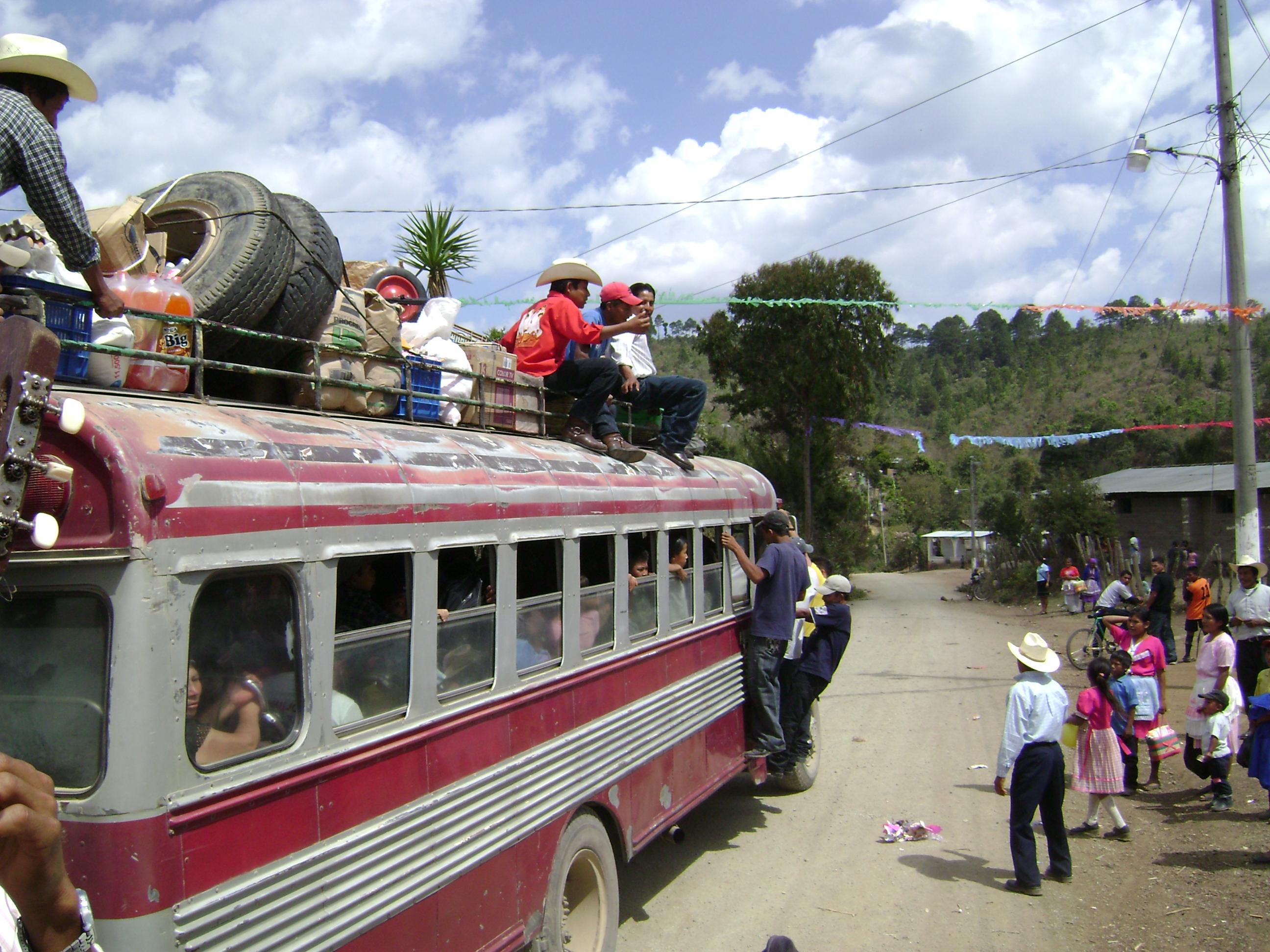
Without knowing in detail what awaited me, I agreed to spend my next university holidays in Guatemala, a country that I couldn’t yet pick out on a map. I just had to take care of the flight and - for European standards – extremely important medical provision in the form of vaccinations against Hepatitis A, Tetanus und Diphtheria
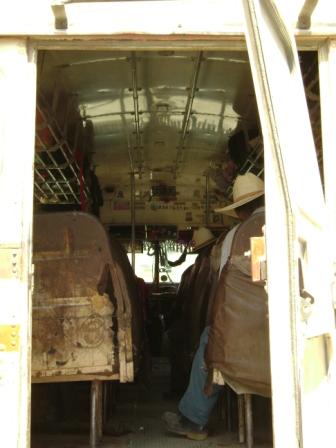
The Guatemalan religious community were going to provide me with food and board. So I scraped together my savings and booked a flight for around 900 euros (£823). Three months in Guatemala, and the last Spanish word I had spoken was four years ago
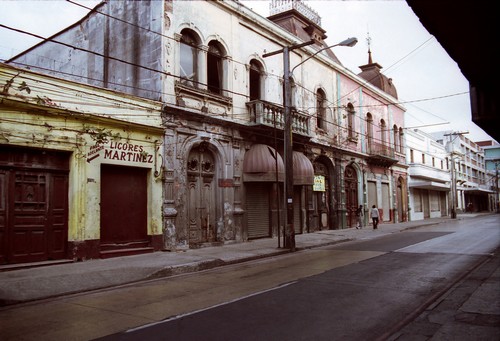
I stayed in the headquarters of the community in Guatemala City which is located directly in the number one danger zone. All the windows are boarded up, only criminals and the careless go out after 6pm. You have to watch out for criminals disguised as taxi drivers
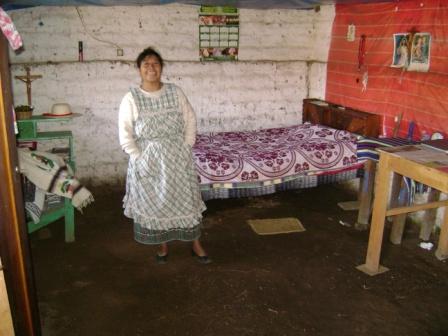
The community’s building is large and has a small, lush green garden inside which you wouldn’t expect from outside. Only the sign outside, ‘busca la paz y corre tras ella’ indicates, ‘search for peace and chase after it.’ Often the house is a refuge for abused girls, who had once come full of hope from the provinces to the capital, to feed their families with wages from being maids in Guatemala City
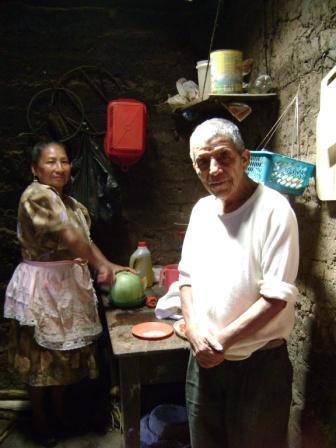
The watery see-through coffee at breakfast the next day is brewed from the left-overs of the exported coffee beans. It is usually sweetened with around five dessert spoons of sugar by Guatemalans
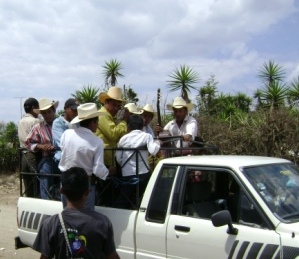
Around midday we go with Sister Rutila Hernández who has specially come to the community in a Jeep, to a branch of the community in the eastern highlands where I am to live with seven nuns. Already after ten minutes of the journey along the zigzagging roads I have to throw up – a magnificent start! Rutila laughs affectionately
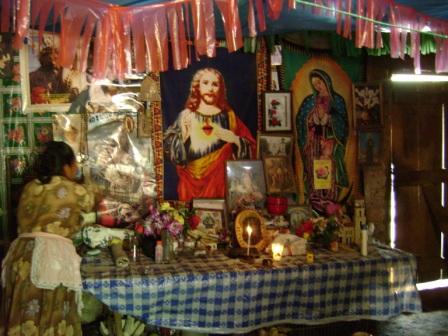
My day begins at 5.30am and finishes at 10pm. There are prayers morning, afternoon and evening. The whole day long I lend a hand wherever it is needed
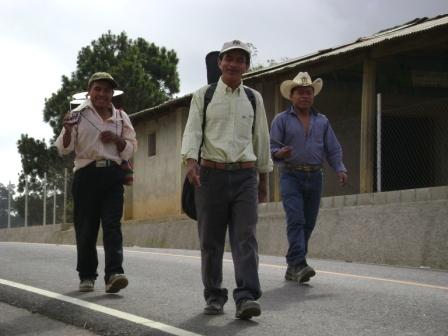
This amounts to housework as well as receiving people looking for help. They have often walked for hours to talk with someone from the community
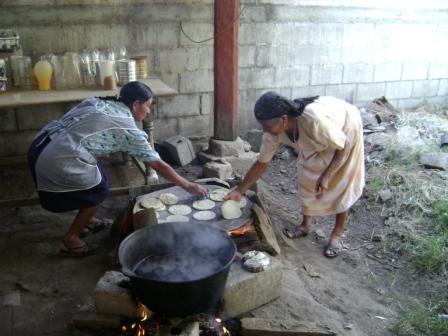
The weekly visits from the poorest Guatemalan villagers were especially moving. The inhabitants often invited us to dinner, which they cooked over the fireplace
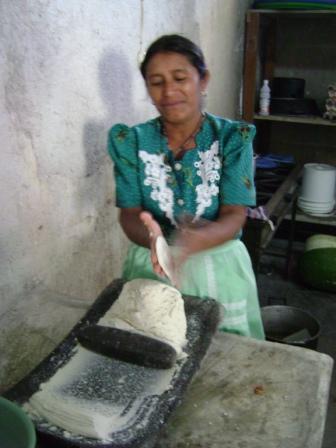
I promised myself in the light of the overwhelming hospitality of the people that under no circumstances would I make any exceptional requests for my ‘European stomach’, and actually the tortillas, rice and frijol, or black beans, hardly ever gave me any problems
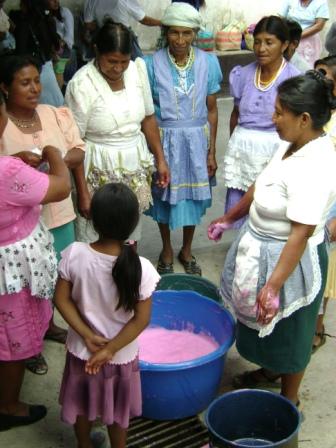
Anyway, being together with the people made up for it. Sometimes I stirred the big vat of shampoo with the group of villagers made out of collected blossom and a soap base financed by donations to the community
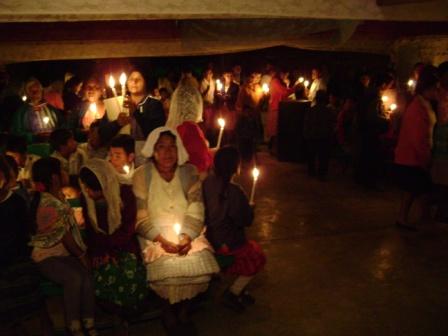
Then as quick as a flash I made 80 easter candles, which brought me a feeling of joy that I’d never before experienced
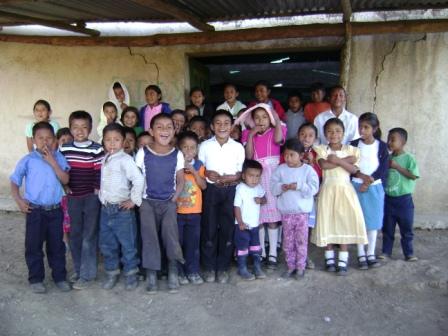
It was hard to hear the problems of a single mother with ten hungry children. Most of them didn’t go to school. Often the fathers had been killed in front of their families
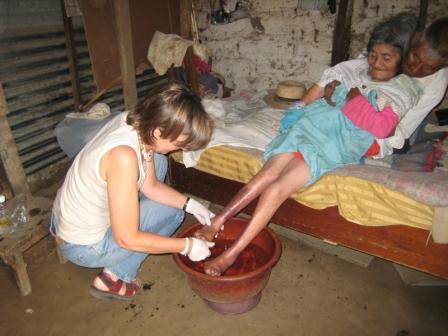
And what was I, a 22-year-old who up until now had largely only experienced the sunny side of life, supposed to say?
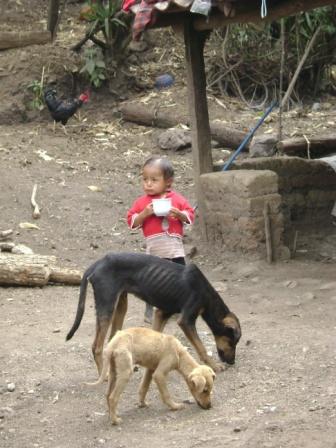
Usually I was only able to listen and remain silent. Once we visited a mountain village where the children ran away from me in fear. I found out later that on several occasions white people had stopped and simply taken children away with them
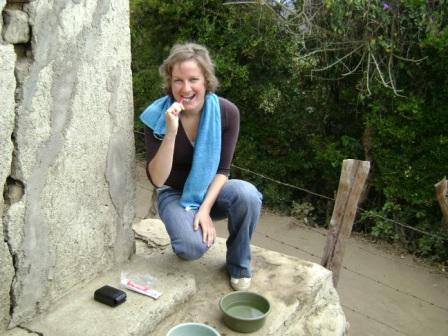
It seemed that people increasingly lived together in solidarity. I spent easter week in a mountain village without running water
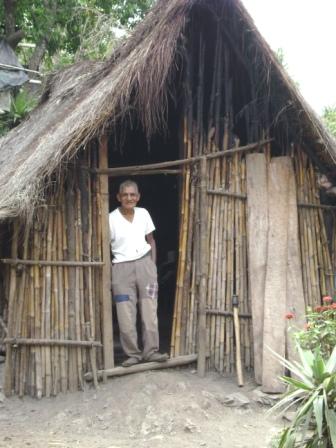
At night the Guatemalan family’s father guarded me while I was sleeping. When they found out with amusement that I was too big for the wood and string bed, they pulled out a hammock without further ado which they hung in their church, a prayer room made of wood, clay and brick
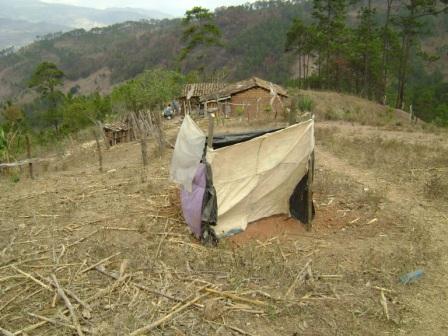
We could shower at a generous family’s house between 5 and 5.30am. It was only then that ice-cold water bubbled out of a small tap between a horse and a couple of chickens
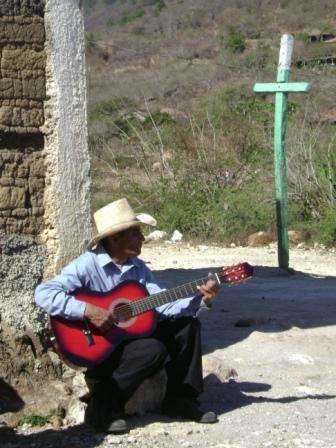
Mostly the people whose lives I was to share for a couple of weeks wanted to know how far away ‘my country’ was, what language we spoke there, if everybody was as tall as me. Nobody in Guatemala reacted to the word ‘musicology’ with a turned up nose. Instead people seemed to be genuinely interested
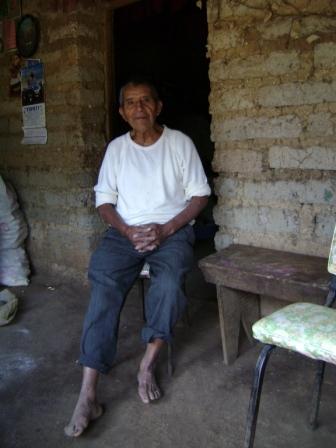
‘What a luxury. I would like to be able to do something like that too,’ said Señor López. He had never left his village Huisiltepeque, had never been to school, didn’t own a pair of shoes and sat on a folding chair in front of his house where he watched the aeroplanes in the sky. As I went by he called out to me that I should talk to him for a while about my life outside Guatemala.
Translated from Semesterferien auf Guatemaltekisch



